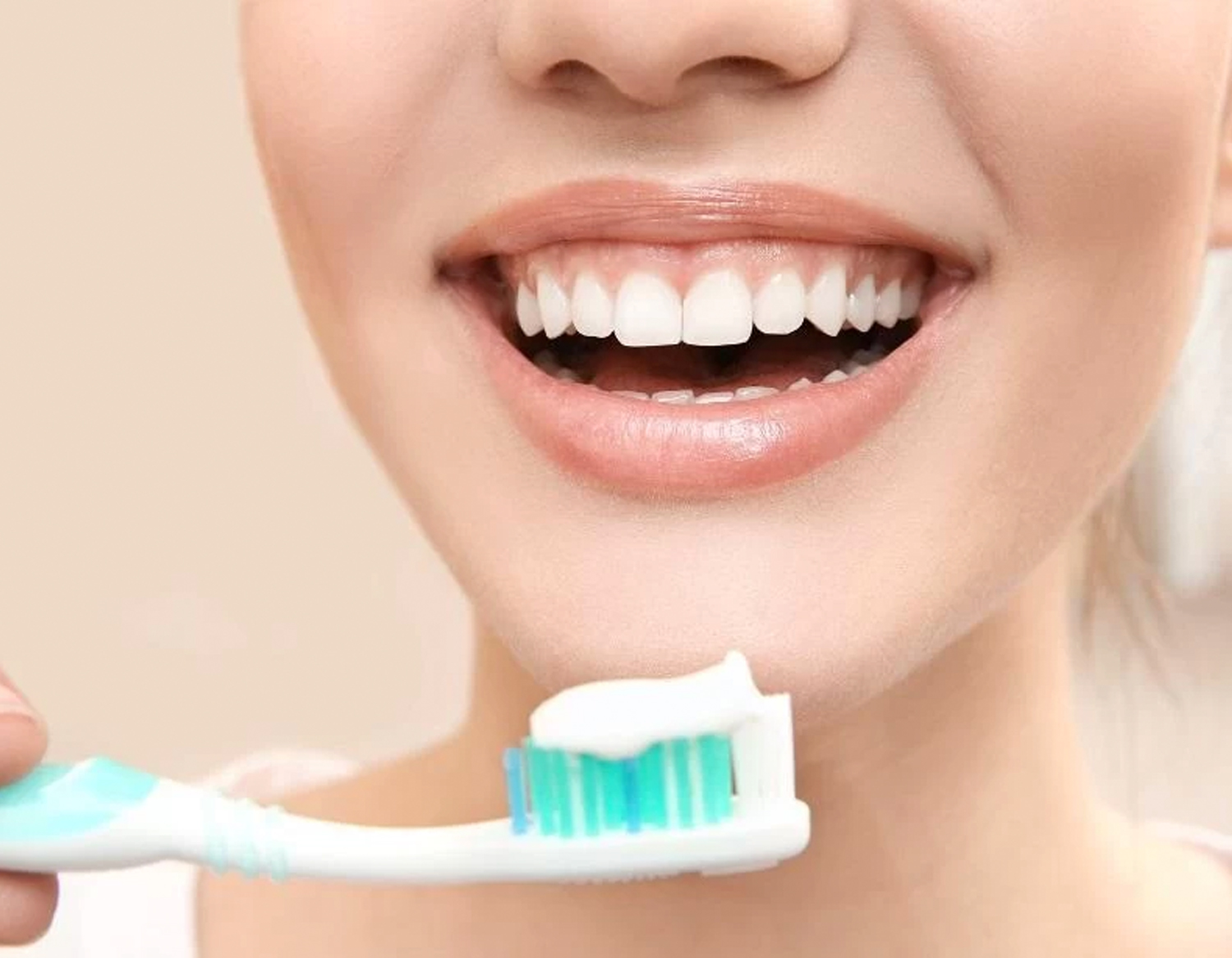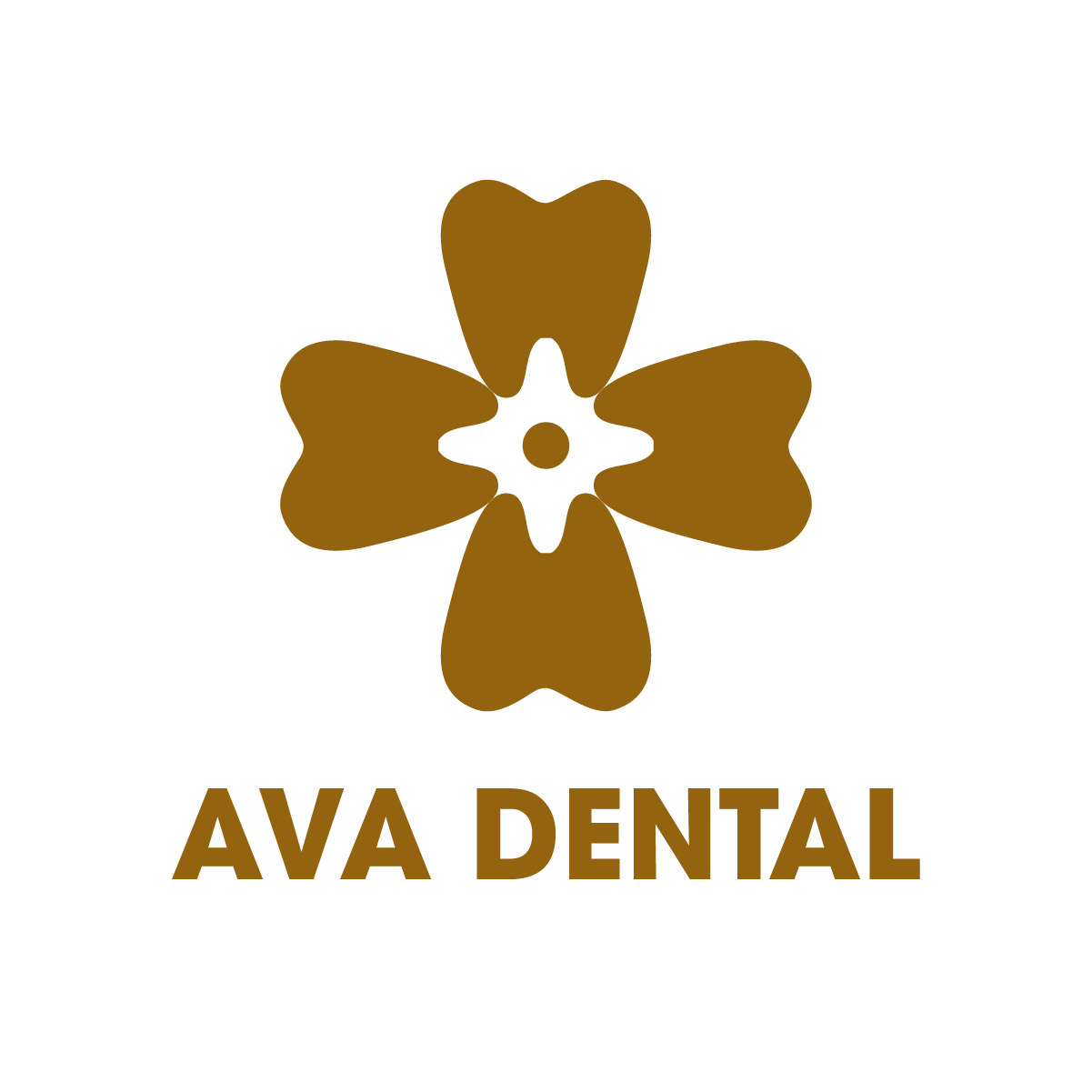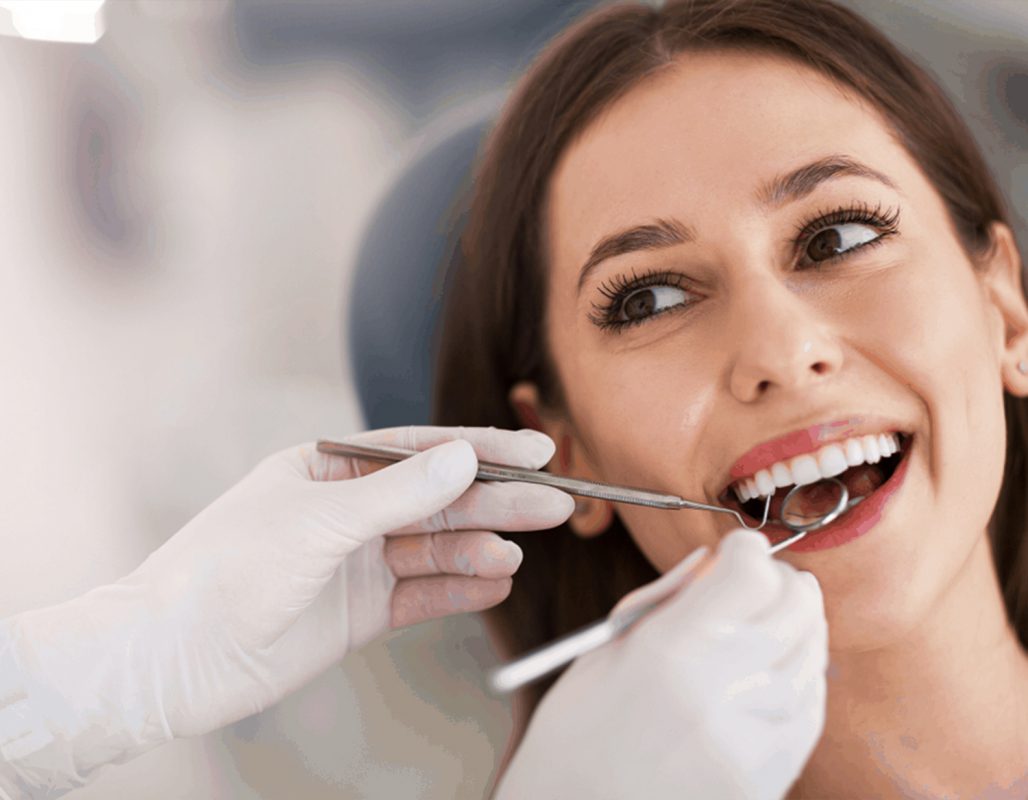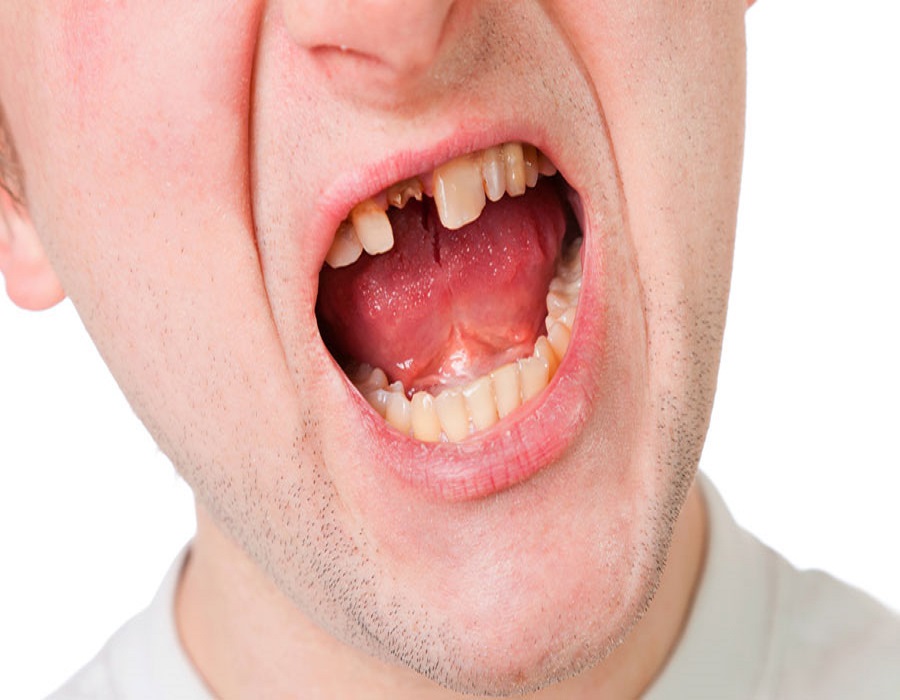Did you know that good oral hygiene or not will greatly affect overall teeth’s health, including medical conditions like diabetes, heart disease, stroke, preterm labor and even Alzheimer’s disease? That’s why dental care is so important. Follow the steps below to protect your teeth health.
1. Brushing your teeth to protect teeth health
Protecting your teeth health by brushing your teeth is a simple but effective way for you to do. Don’t just brush the surface of your teeth to prevent tooth decay, you need to clean your tongue and oral cavity. Consider these basics of brushing your teeth.

Brush at least twice daily
If you cannot brush three times a day, brush twice a day, especially after each meal. However, you should not brush immediately after eating, wait a few hours to make sure your teeth are clean of bacteria. When brushing your teeth, do not brush too fast and hard. Brush for about two minutes and brush thoroughly in a circular motion with the brush instead of just brushing up and down. Don’t forget to brush the chewing surfaces, inside and outside of your teeth and your tongue. Use fluoride toothpaste, it helps strengthen the tooth surface against decay.
Brush properly
Bringing the brush in a circular motion to effectively remove plaque. Because plaque that is not removed will harden into tartar, leading to gingivitis or periodontitis. Besides, you should hold the toothbrush so that the bristles are directed towards the area of the teeth in contact with your gums. Then gently brush back and forth. Note, avoid brushing too hard because it can hurt both your gums and teeth.
Don’t go to bed without brushing your teeth
Before going to bed, brushing your teeth is a good way to protect your teeth health. The time you need to brush your teeth is after lunch and dinner, then before bed. Don’t skip brushing your teeth at night. Still, many of us continue to neglect to brush our teeth at night. But brushing before bed gets rid of the germs and plaque that accumulate throughout the day.
Don’t skip tongue brushing
Many people focus so much on brushing their teeth that they ignore their tongues. When brushing your teeth, brush your tongue to prevent plaque from accumulating on the surface of your tongue and causing you to have bad breath or halitosis. When brushing it, you should also be gentle, not bleeding or causing pain.
Use toothpaste containing fluoride
When choosing a toothpaste, you need to make sure it contains fluoride in addition to the whitening and flavoring factor to protect your teeth health. Because fluoride is a substance that fights germs causing tooth decay, as well as provides a protective barrier for your teeth.
Keep your toothbrush clean
Use water to rinse your toothbrush after brushing. Store your toothbrush in a clean, safe place. Keep it separate from other brushes to avoid cross-contamination when you are living with family or friends. Let the brush air dry before you use it again. When you brush your teeth, if you can smell the remaining toothpaste on the brush before you put the toothpaste on, that means you haven’t cleaned it thoroughly.
Change your toothbrush regularly
Brushing for a long time can encourage the growth of yeast, mold or bacteria. Buying a new brush or replacement head for your battery-powered brush every three months is essential to ensure it stays clean as well as to improve your teeth health.
2. Flossing in between tooth gaps to improve teeth health
Normally, a toothbrush won’t be able to reach the tight spaces between your teeth and below your gum line. Flossing or an interdental brush, specially designed for nooks and crannies, is essential for a thorough oral cleaning.
Just like brushing your teeth with a toothbrush, you should floss gently. As you grip the floss between your forefingers and thumb, direct the floss between the teeth in a rubbing or sawing motion. When the floss reaches the gum line, bend it over the teeth in a C-shape to scrape away plaque from the tooth surface and food debris between the teeth. Note, use only one floss for one tooth instead of one by one. Sliding the same floss into every crevice causes germs and plaque to transfer from one tooth to another.
3. Consider mouthwash to improve teeth health
Like flossing, most people skip the use of mouthwash. They don’t understand how they work or just use them to stop a severe toothache.

In fact, mouthwash has a role in killing bacteria that cause tooth decay. In addition, mouthwash cleans hard-to-brush, hard-to-floss areas in and around your gums. Ask your dentist for a recommendation on the best mouthwash for your teeth health.
4. Visit your dentist and hygienist regularly to improve teeth health
Visit your dentist regularly to have your teeth checked and cleaned. Your dentist will identify any teeth that may need a filling or consider treatment for teeth that are at risk of decay. Your dentist may also do tests like dental X-rays and other exams to make sure your teeth are in good condition.
Besides, you can visit your dentist when you notice any unpleasant symptoms that could lead to teeth health problems:
– Chewing pain.
– Permanent teeth are loose.
– Swollen, red, or tender gums.
– Sensitivity to hot or cold foods.
– Gums bleed when you floss or brush your teeth.
– Persistent bad breath or bad breath or an unusual taste in your mouth.
5. Try to quit smoking to protect teeth health
Smoking is a cause of gum disease because it contains many toxins that make your tartar work harder and destroy tooth tissue faster than a non-smoker.
Smokers are at increased risk of gum problems, tooth loss, complications after tooth extraction and oral surgery, as well as developing oral cancer. Quitting smoking reduces the risk of developing oral cancer and gum disease, while also improving a person’s response to gum treatment.
It is very important for smokers to see their dentist regularly to protect their teeth and gums and check for signs of oral cancer.
6. Drink more water to improve teeth health
Water is the best drink for your overall health – including teeth health. You should drink water after each meal to eliminate some of the adverse effects of acidic foods and beverages.
When you drink sugary drinks like soda or juice or eat candy or cakes, they can stay on the surface of your teeth. These sugars cause bacteria to grow in the plaque and cause them to secrete harmful acids on your enamel, leading to tooth decay. So drinking water can help you wash away food residue and harmful decay-causing bacteria from your teeth. While brushing and flossing are still important to maintaining your oral health, drinking water regularly is also important for teeth health and getting free of cavities.
7. Eat fruits and vegetables to improve teeth health
Fresh, green products are not only packed with healthy fiber, but it’s also the best choice for your teeth.

Certain foods have incredible benefits for teeth health. Crunchy raw fruits and vegetables, like apples, carrots, and celery, help you clean your teeth and freshen your breath. Many fruits and vegetables are high in antioxidant vitamins, such as vitamin C, which help protect your gums and other tissues from cell damage and bacterial infections.
8. Limit sugary and acidic foods to protect teeth health
Sugar converts to acid in the mouth, which can then eat away at your enamel and cause tooth decay. Acidic fruits, tea and coffee can also wear down tooth enamel.
Sweets and cakes expose teeth to sugar for a long time. Especially hard candies and cakes can leave a surface for plaque to accumulate. Candy is high in sugar, which will combine with the bacteria in your mouth to create acid and contribute to serious tooth decay. Chewy candies can also be a problem as they will get stuck in the crevices and spaces between your teeth. This prolonged exposure can also contribute to tooth decay and cavities.
In summary, practicing daily oral care habits protects the teeth health and prevent problems like tooth decay, gingivitis, and periodontal disease.
Contact Ava Dental Clinic if you have any signs of bad teeth. Our team of professional dentists will help you improve your teeth health quickly and effectively.
Call hotline: 0868.134.138 – 0346.134.138
You may also fill out the appointment online form and someone from our team will reach out to you soon.
>>>>> View more: Ava Dental Clinic Fanpage



